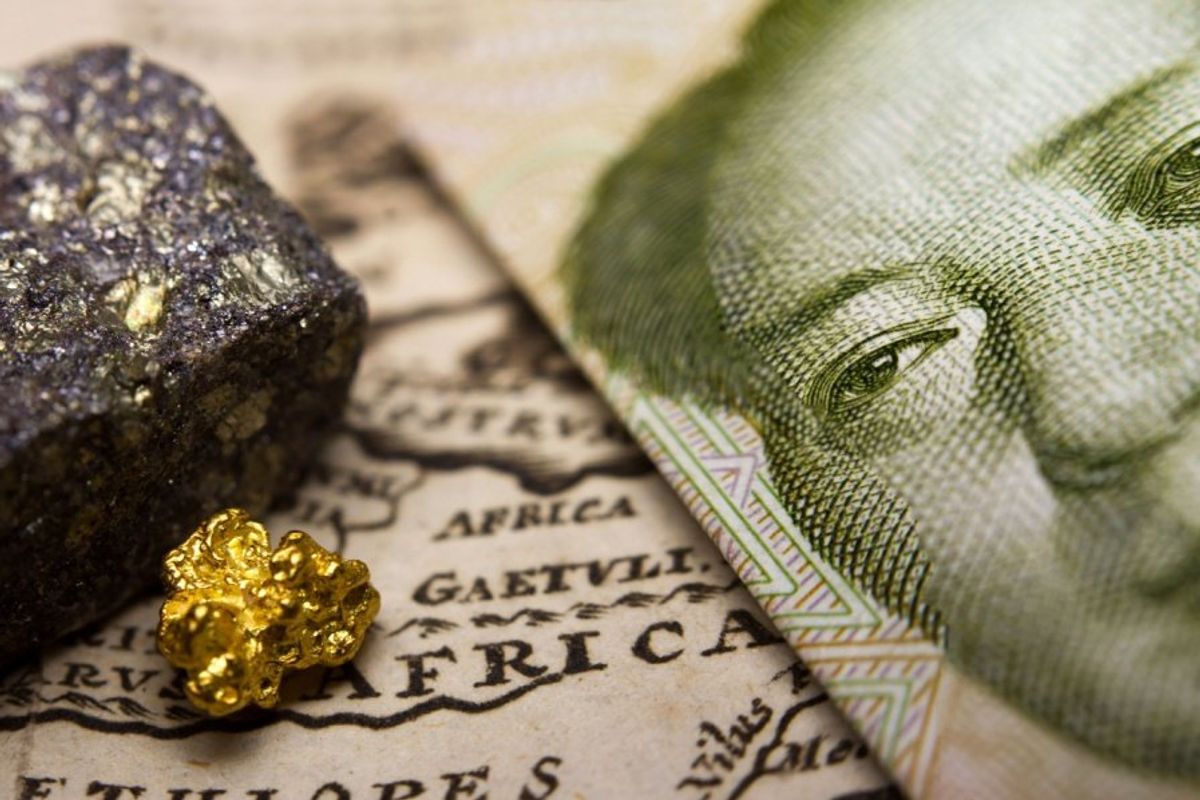China’s Youth Snapping Up Gold "Beans" as Country Faces Deflation
As China struggles with deflation, young people in the country are protecting their wealth with gold "beans" — pea-sized pieces of gold weighing in at about a gram.

There's a new bean-sized gold rush taking Chinese youth by storm.
Young people in the country have started to invest in the yellow metal, but not by purchasing traditional bars and coins. Rather, Gen Z is going after “gold beans” — pea-sized gold pieces that weigh about a gram and cost around 600 yuan (US$83). They come in small glass jars and double as ornaments for fashionable and financially conscious youth.
While it's typically older age groups that want to add gold to their portfolios, sales in China have been propelled this past year by young investors, with overall buying jumping by 12 percent from January to October 2023.
Gold beans offer wealth protection
Aside from having aesthetic appeal, gold beans are relatively cheap compared to larger gold units, fitting the budgets of younger people who are either still in university or are in their first jobs.
In an interview with Bloomberg, Tina Hong, a college freshman studying computer science in Fujian province, said that she plans to add to her current 2 grams of gold for as long as costs are lower than international rates.
“It’s basically impossible to lose money from buying gold,” she eplained.
This trend of youth investment in gold comes amid China's struggle with deflationary pressures.
Deflation is when price levels for goods and services decrease, meaning that each unit of currency can buy more goods and services than before; generally the supply of money and credit also contracts. While this may seem advantageous, it can lead to reduced consumer spending and investment as individuals anticipate further price declines.
Recent data from China's National Bureau of Statistics paints a picture of the situation today — consumer prices fell at the fastest annual rate in 15 years in January, with the consumer price index dropping 0.8 percent year-on-year.
This marked the fourth consecutive month of declines since 2009, highlighting the magnitude of the challenge facing policymakers in the world's second largest economy.
Pros and cons of buying gold beans
Gold is widely considered a safe-haven asset, acting as a hedge against market volatility and offering investors protection in periods of inflation and deflation. However, while gold beans are an easy entry point in terms of getting exposure to the yellow metal, they may not be the most economically efficient way to do so.
Nikos Kavalis, managing director Metals Focus, told Bloomberg that buying gold beans and other physical gold products doesn't make sense as premiums can add up. In his view, gold exchange-traded funds are a better choice.
Those who want to stick with physical gold may want to consider bars and coins instead of beans. Although they still carry premiums, these charges tend to be lower on larger amounts of the metal.
Don't forget to follow us @INN_Resource for real-time updates!
Securities Disclosure: I, Giann Liguid, hold no direct investment interest in any company mentioned in this article.
- Top 10 Central Bank Gold Holdings ›
- Why Do Central Banks Buy Gold? ›
- A Guide to Physical Gold as an Investment ›





